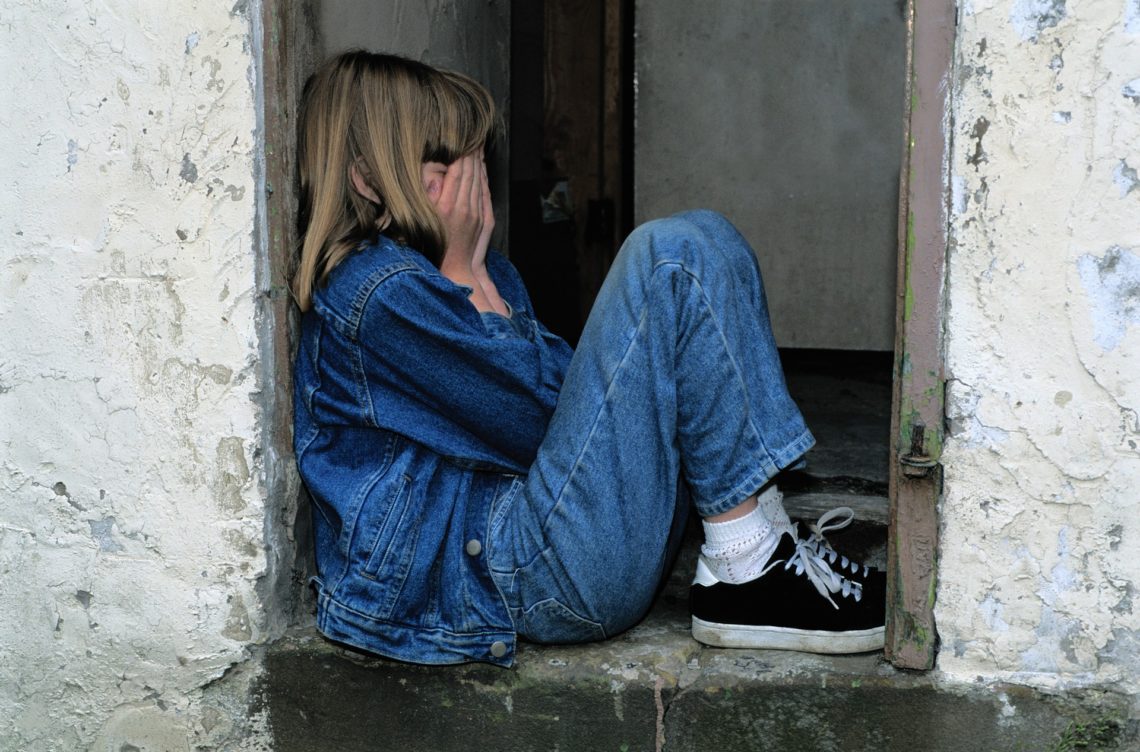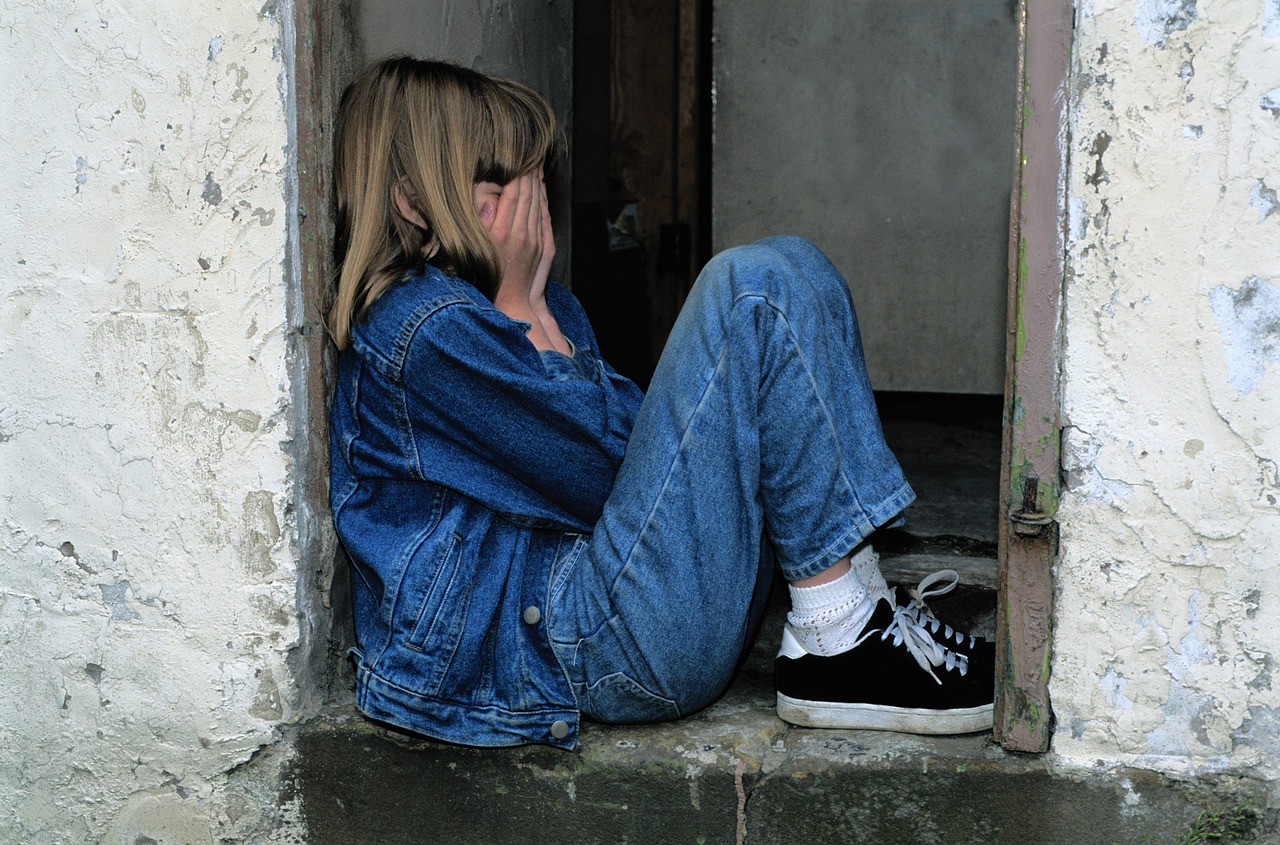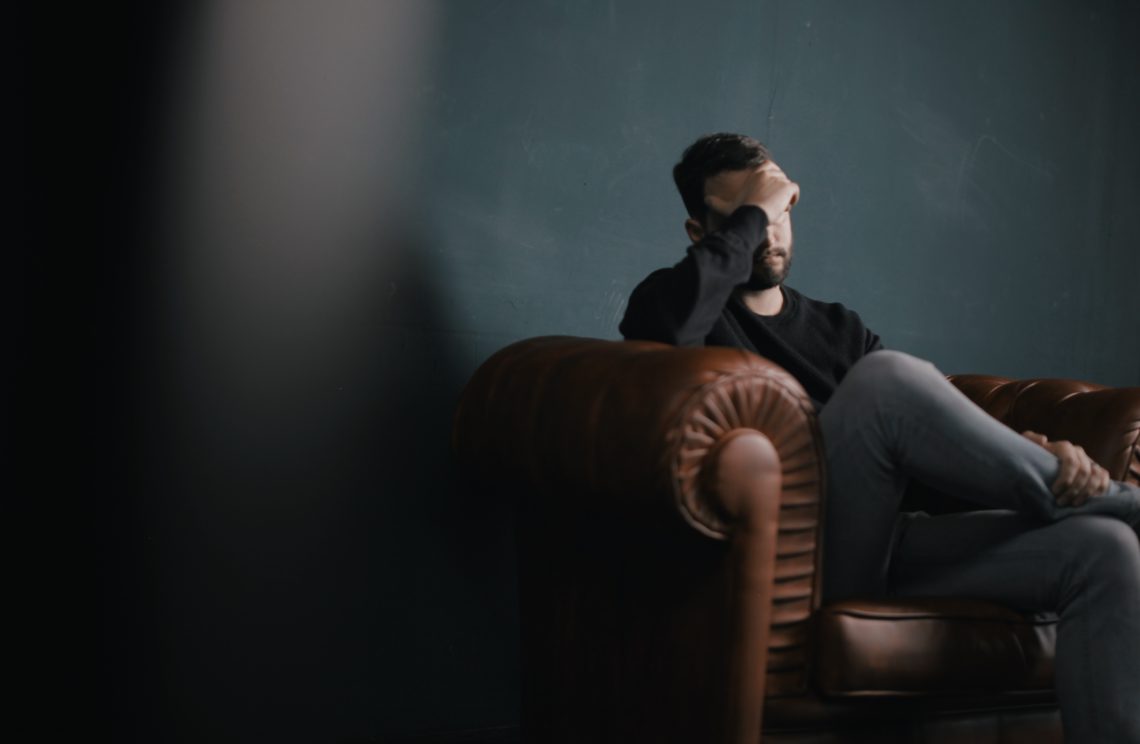-
How Stress Affects Child Development

Stress surrounds us on a daily basis. From traffic delays to work projects, worries about finances or health, and news reports of world events, the demands of our everyday lives produce both positive and negative stress. Stressors (which are the things that cause your stress) can be physical, emotional, theoretical, or environmental. Even positive events like weddings and job promotions cause stress.
-
Treatment Resistant Panic Disorder: A Multidisciplinary Multimodality Approach

Panic Disorder is one of the most common anxiety disorders. Its impact on quality of life can be significant and incapacitating. One third to one half of panic patients demonstrate incomplete or absent remission after treatment. This Roundtable addressed the importance of the bio-psycho-social components of the evaluation and treatment of the resistant panic disorder patient.
-
LGBTQ Mental Health

Studies have shown that people who identify as lesbian, gay, bisexual, transgender, or questioning (LGBTQ) suffer from higher levels of anxiety and depression than the general public. In fact, approximately 30 – 60 % of the LGBTQ population have anxiety and depression and, as a whole, the LGBTQ community faces disproportionately high rates of suicide, self-harm, substance abuse and addiction. While there are many things that can influence a person’s mental and emotional wellbeing, prejudice and discrimination add additional trauma to LGBTQ mental health concerns.
-
ADAA Session Recording -Treatment Resistant Panic Disorder

Our team presented at the 2018 ADAA Conference on Treatment Resistant Panic Disorder: A Multidisciplinary Multimodality Approach. You can access the audio recording of our session here with the below login credentials.
-
Midlife Anxiety

When someone goes through dissatisfaction with their job or marriage and they are in their forties or fifties, the first thing everyone says is that they must be having a midlife crisis. We hear about this phase of life as people transition from young adult to middle age so often that it almost feels like a crisis is a “given”. And, on some level, it may be. As people go from being the young, carefree person of their twenties who is just getting established in a career or marriage, to the responsible person who is expected to have gotten their lives together by the time they reach their forties, it is inevitable that people will look back and second guess decisions or wonder “what if.” For many people, this emotional jolt can bring on midlife anxiety.
-
13 Reasons Why

Following the Netflix release of 13 Reasons Why in 2017, many mental health, suicide prevention, and education experts from around the world expressed a common concern about the series’ graphic content and portrayal of difficult issues facing youth. Resources and tools to address these concerns were quickly and widely disseminated in an effort to help parents, educators, clinical professionals and other adults engage in conversations with youth about the themes found in the show.
-
13 Ways to Overcome Travel Anxiety

The summer travel season is just kicking off. Scores of tourists are excitedly packing their luggage and consulting websites or glossy brochures as they anticipate their upcoming vacations. While the idea of seeing new places or relaxing in cozy, familiar locations is appealing to most people, there are those who find the whole idea of travel frightening. It’s hard to get excited about new adventures when the mere thought of taking a trip brings up travel anxiety.
-
Signs You May be a Hypochondriac

A hypochondriac is someone who lives with the fear that they have a serious, but undiagnosed medical condition, even though diagnostic tests show there is nothing wrong with them. Hypochondriacs experience extreme anxiety from the bodily responses most people take for granted. For example, they may be convinced that something as simple as a sneeze is the sign they have a horrible disease.
-
How Social Anxiety Impacts Higher Education and Career Choices

Everyone has moments of fear over their performance on things like college exams and projects or they worry whether they’ll please their boss or colleagues. For those who suffer from social anxiety, however, concerns like these may not only impact their ability to learn, they may also lead them to make different education or career choices than they would actually prefer.
-
How Do You Know That You Have Received a Comprehensive Psychiatric Evaluation?

As I have discussed in previous blogs on this website, the practice of Psychiatry is challenging. Unlike other medical specialties there are a paucity of laboratory testing or radiologic imaging that will reveal the true nature of the problems being presented at the time of our appointment. Instead of relying on objective data I must process a wealth of subjective information; that is, the words that you use in describing your current emotional state. I view this challenge much like a good detective would tackle a mystery. To help you better understand the complexities of the evaluation I will try to outline the key components.
